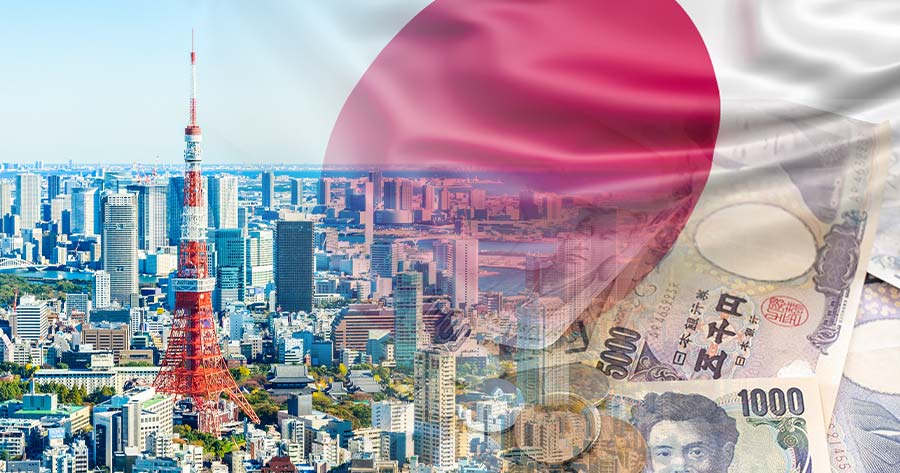Japan’s consumer price index (CPI) inflation decreased as predicted in April, with private spending remaining weak, fueling skepticism about the Bank of Japan’s projection of increased inflation and its ability to raise interest rates.
According to data from the Statistics Bureau released on Friday, the core CPI, excluding volatile fresh food prices, increased by 2.2% year-on-year in April, meeting expectations and down from the 2.6% growth in the previous month.
A key indicator of underlying inflation used by the BOJ, the core CPI, which excludes both fresh food and food prices, dropped to 2.4% in April from 2.9% in March. This marked the lowest level since September 2022 and significantly below the 40-year peak reached in mid-2023.
The headline CPI inflation also declined from 2.7% to 2.5% compared to the previous month.
These figures follow disappointing first-quarter GDP data revealing a larger-than-expected contraction in the Japanese economy due to stagnant private consumption. This trend seems to have continued into the second quarter, evident in the subdued CPI numbers released on Friday.
The soft CPI data has raised concerns about the BOJ’s optimism regarding future inflation and has prompted questions about the central bank’s scope to further increase interest rates this year.
Despite expectations of increased consumer spending driven by higher wages following significant wage hikes by major labor unions for 2024, this has yet to be reflected in the monthly data.





